How Punk changed the world
Punk. It exploded onto the UK and America and changed our post-war era irreparably, and although it is a tough challenge to pin down the who, where, when and why of what started punk, none of it really matters. What makes the movement starkly unique is its changing and culturally iconic status as an ethos that wholly symbolises rebellion and anarchy, more so than any other sociological phenomenon before it or since its first heavy-footed tread.
Originating in the basements and cellars of angry young men and women of the Seventies, punk melded facets of Beatnik culture, Hells Angels imagery, glam rock and so much more into a snarling and barking rejection of acid-drenched hippie culture. Immerse yourself into the sights, sounds and smells of punk, and you can find a kaleidoscope of twentieth-century history balled into a force to be reckoned with in contemporary popular culture.
The clashing discord of three-chord guitar riffs and primitive drum rhythms signify punk-rock as much as the stiff Mohawks and tattooed skulls personify our stereotypical image of its followers. Born out of the burgeoning New York scene of the Seventies with Patti Smith and The Ramones at its core, the movement spilled over into British punk with the Sex Pistols raging against the imperial governance to an audience of less than forty people in June 1976. Punk’s modest origins soon metamorphosed into a wave of music, drug-taking, fashion, politics and culture which earned it its place amongst the great social demographics of the twentieth century and beyond. It has come to be its own fashion genre, with Vivienne Westwood still hailed as Queen of Punk, and modern art rebels like Warhol and Hirst are painted brightly with the punk label.
Punk’s influence not only encapsulates a music scene, but rather has come to represent and be misrepresented by a wide range of cultural representations and ideologies, from the concept of nihilism, to deconstructive anarchist politics, to right-wing Neo-Nazism and white supremacism in more recent years. Yet the musical ethos of punk has always been cited by its founders as a spirit of freedom and accessibility for the man on the street. Using abrupt and basic chords, short arrangements and politically charged lyrics that spoke of poverty and industrialism, punk was the outlet for the overworked and underpaid in smoky haunts and crowded halls come every Friday night.
Somehow, from the basic primal surging of a new music scene, the growth of Punk as a vein coursing through imagery, art, politics and people, affects culture high and low throughout the globe. The very word has become synonymous with subversion and rebellion, in all its forms. I challenge anyone to find another scene, another musical genre, another fluid and dynamic ethos, which can say the same.
Discover more from All-Noise
Subscribe to get the latest posts sent to your email.
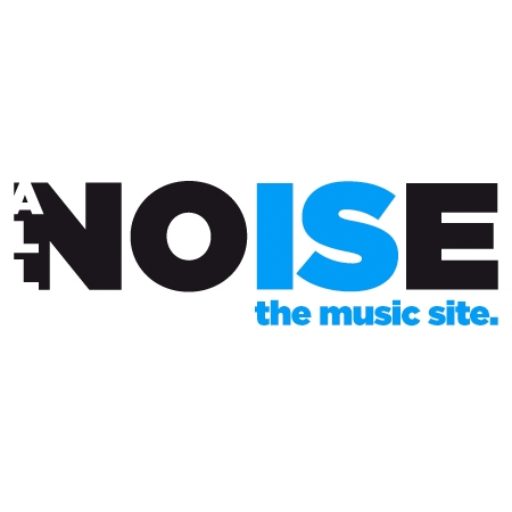
![Listen to “You Owe Me” by The Chainsmokers [SNIPPET] the chainsmokers](https://all-noise.co.uk/wp-content/uploads/2017/04/the-chainsmokers-290x290.jpg)

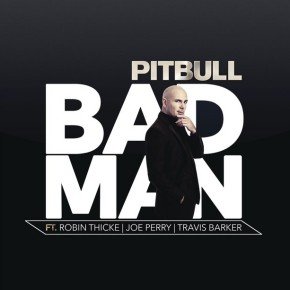


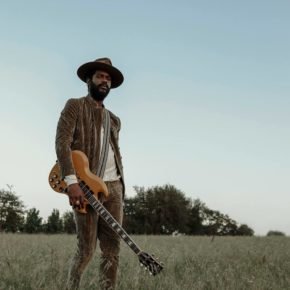
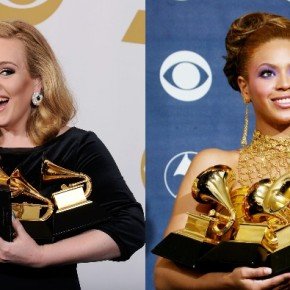
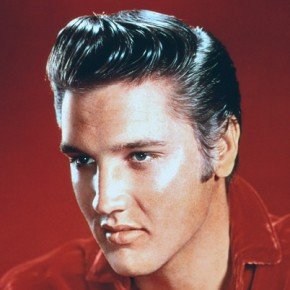



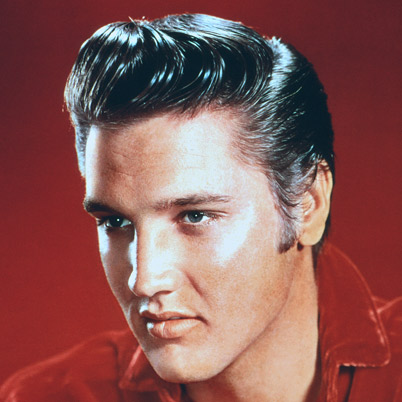
One thought on “How Punk Changed The World”
Comments are closed.